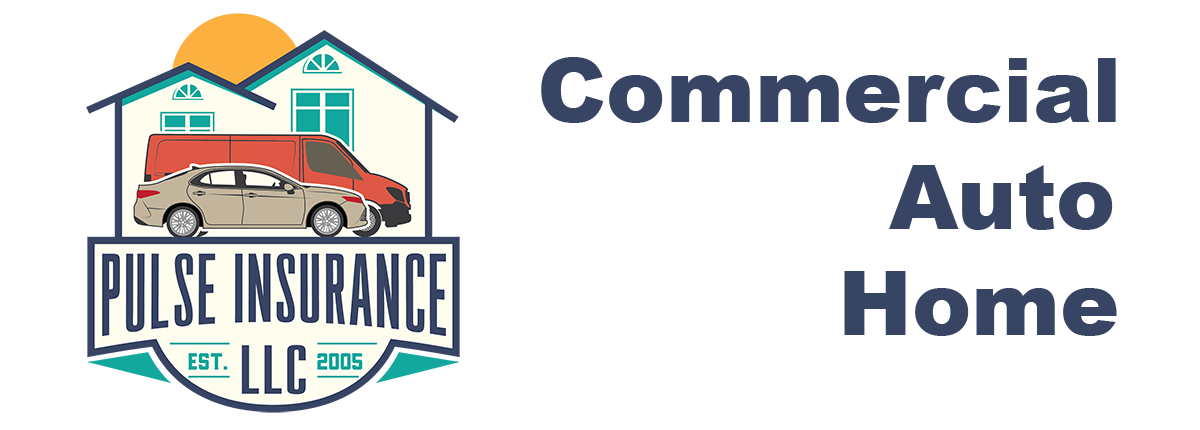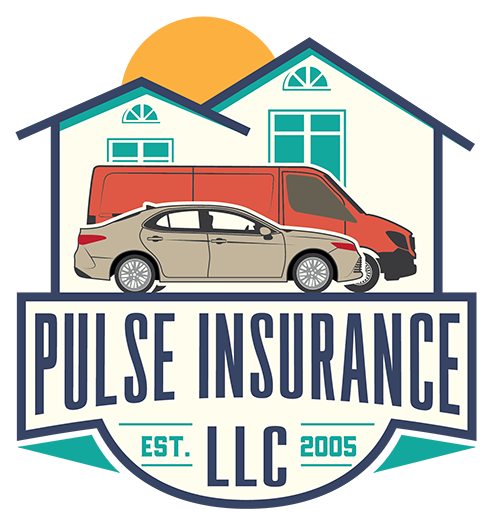Insurance companies and institutes have conducted studies that they believe prove that credit history can predict the likelihood of an individual being involved in an accident or filing a claim. Insurers also consider your consumer and insurance credit history to determine how well you pay your bills and how often you make changes to your policy or switch companies.
The billing process is a massive expense to the company. Printing, handling, postage, emailing, and receipting are all costly and time-consuming efforts. Any additional effort on their part to collect from you will translate to higher insurance rates and lower your insurance credit score. Every time you let the policy go past the bill due date, they have to send a cancellation notice. Once you do pay your bill, the company is obligated to send a reinstatement notice, only to turn around and do it all over again. This behavior indicates poor planning and often indicates the same in other areas of the individual’s life—like driving.
Why would emailing my bill cost them that much?
Email computer servers require a significant amount of money to maintain, secure, and power. Compared to a personal email account where you send or receive maybe a dozen messages a day, large corporations like insurance companies send hundreds of thousands, if not millions, of messages each day. Those require full-time programmers and operators to be available around the clock, watching for system failures and security threats. Since billing notices, cancellations, and reinstatements are required by law, they cannot afford one second of downtime or missed notices.
How much does my credit affect the cost of my insurance?
My experience has shown that your credit score affects the cost of your insurance more than any of the other factors, like age, gender, marital status, and driving record. No credit history might be as bad as bad credit history. The best way to improve your insurance score is by making fewer changes to your insurance policy or changing companies. Your credit score can be improved by identifying past-due debts, negotiating a settlement, and researching how best to manage your financial situation in the future. Taking responsibility for your credit will signal to insurance companies that you are also accountable for your driving habits.



